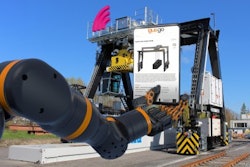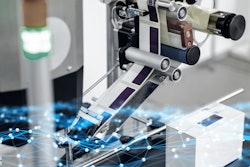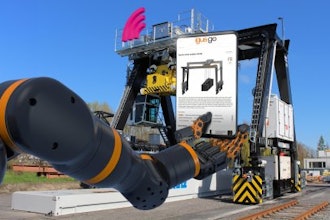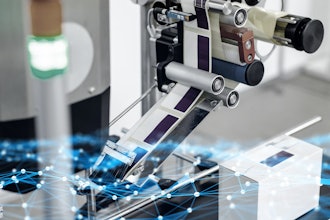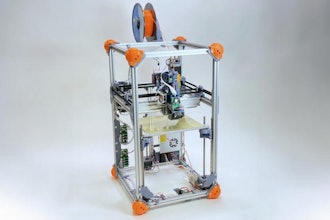The age has come! Phones are now bendable and flexible while containing every nuance of your life. A recent AP story even said, “By showing off a phone with a flexible screen, Samsung is hinting at a day when we might fold up our large phone or tablet screens as if they were maps.” It’s the next revolution in electronics! Who hasn’t been chomping at the bit for this tech?
Me.
At the risk of sounding like an anti-progressive fuddy duddy: What is the point? Painful sarcasm aside, a serious R&D dilemma that presents itself with the announcement of a flexible screen. Flexible circuits have been getting progressively more complicated, and they are showing promise for astoundingly durable and compact technologies. But, do we really need a tablet that you can fold up like a map? (Interesting that they compared it to vastly outdated technology.)
My inner gadget-o-phile flipped out while bearing witness to a phone that can twist and bend, but once you step beyond the coolness of something you’ve never seen, there is no practicality. My issue here, is the fact that as a consumerist society (let’s not kid ourselves, even the most frugal of us is an over-indulgent consumer), we are letting major companies, like Samsung, dictate what is the trendy gadget. In turn, we are allowing them to direct a lot of progressive technology and research into a useless feature on a gadget that will do little to nothing for societal advancement (let alone making my life more convenient, like smartphone tech should).
Don’t get me wrong. I want one of these bendy phones, but when forced to reflect on why, I find a blank slate. Call it blind consumerism, buying into the hype, or just fanboy zeal; bendable phones, even foldable tablets, present little progress from their solid counterparts.
Flexible OLEDs are not a new concept – they have been hyped and displayed in promotional faculties for a few years now, but the really progressive technology (the stuff that will not only advance consumer products, but also present concepts and capabilities for smaller, more durable electronics) has already moved on. The release and use of a flexi-phone should be (and maybe already has been) reduced to a gimmick-ridden novelty.
The promise of flexible circuits and pliable electronics is important and viable as more tech is being compacted into ever-shrinking footprints. If the creation and use of a foldable tablet showed more promise than persuading me to purchase another device, it might be a technology worth pursuing. Instead, this technology is not only impractical and unnecessary, it is old news.
So, back to the major concern, the corporate dictation of wants. This treads the line of artificial demand, but only after a subtle persuasion that this technology is the next big thing. I enjoy my 46-inch, flat screen TV, but I’ve never had the desire to pull out and unfold said TV on an airplane, or even waiting in an airport. Maybe that is taking an exaggeration too far, but we’ve already created personalized video devices (tablets) that are quite portable. There are even mini-tablets available, in case a regular size isn’t portable enough. Yet, this technology is being presented as the next big innovation. Although, the AP article even says, “Volume production of flexible displays that remain airtight [essential for OLED touchscreen operation] has so far stumped engineers.”
In a capitalist society, demand should drive innovation. Therefore, in our market, the consumer population should have a heavier hand in driving R&D. When it comes to flexible phones and foldable tablets, we (the consumer) are driving research and development down a dead end road. Not quickly either. To continue the analogy, the longer it takes to get to that dead end, the longer it will take to turn around and get back out onto the right path.
Companies are pushing money into reasearch of a technology that will have little advancement. While it would be convenient to fold my phone into my wallet, it is an exuberantly miniscule convenience to do so. Technology like this only serves to sidetrack other usable and important innovations while creating minute (and dead ended) accommodations.
What’s your take on this bendable technology? Is there something more profound that this tech is capable of? Email [email protected].




